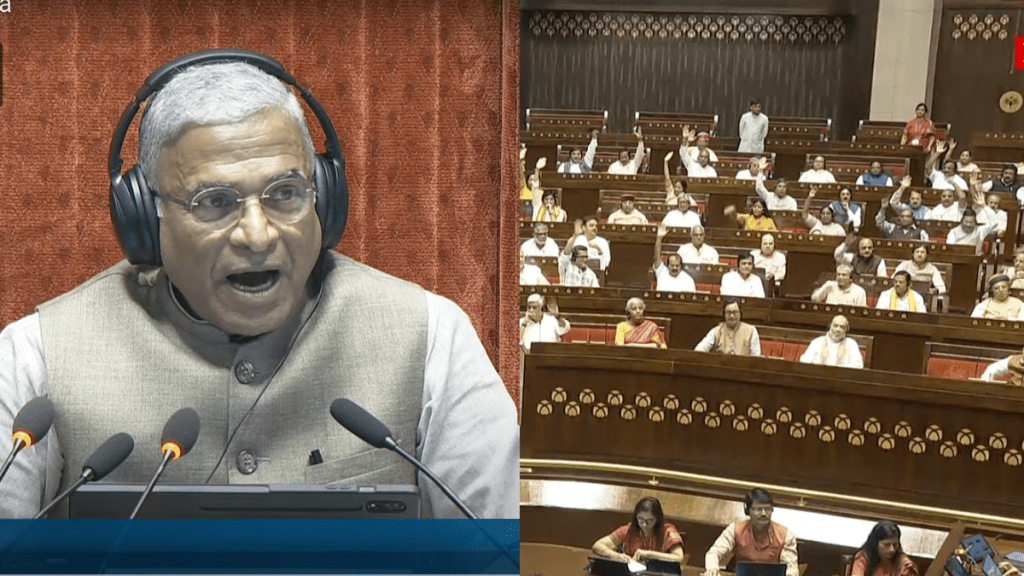No one doubts the government’s argument that addiction to online gaming has brought widespread distress to many middle-class families and caused them serious financial, social, and psychological harm. But the question is whether a sledgehammer approach of criminalising and banning the entire industry was the best option left. In a different context, veteran banker Uday Kotak once said halting movement of traffic is an impractical solution to the problem of accidents on Indian roads. By proposing a blanket ban on online money gaming, the government has tried to do exactly the same. The intent seems inclined more towards prohibition than regulation, but prohibition doesn’t help; it rather pushes people towards illegal avenues—in this case, illegal betting apps based on offshore platfoBusinessrms.
A Worsening Policy Flip-Flop and Its Implications
The blanket ban is all the more surprising as the central government has fully backed real money games (RMGs) so far even though some states like Tamil Nadu were vehemently opposed towards them and had even gone to court. Indeed, there were no visible indications that the Centre was not in favour of RMGs. On the contrary, when the information technology ministry introduced the rules, they appeared pro-industry. To be sure, it is fully within the government’s remit to say that it has “stepped back” and reconsidered the decision. That said, the policy flip-flop is worrying. Not every industry may be a large vote bank like farmers but all businesses deserve some consideration and certainly predictability in policy. Capital must be treated with respect.
Ministry of electronics and IT secretary S Krishnan said on Wednesday that the gaming industry itself asked for clarity on what is permitted and what is not. The reality is that the industry was merely asking for clarity on the kind of regulatory framework the government intended to put in place. It may be true that when the IT Rules were amended in 2023, Rule 4(B) made it clear that until the government approved the creation of self-regulatory bodies, this set of rules would not come into force. At the very least, the government should have held consultations with stakeholders who have invested time and money before taking such a drastic call.Online gaming companies in India collectively earned a revenue of close to $2.7 billion in 2024.
The Rationale: Security Risks and Fraud
The Centre has argued that money gaming platforms are a security hazard and a potential risk to national and economic security. It believes they could be a playground for money laundering and illicit transactions. As experts have pointed out, there are ways to regulate the system by strengthening the platforms to minimise fraud, putting in checks and balances and limits for individuals. Legislation could have been framed, and continuously updated, to deter any abuse. The outright ban is a lost opportunity for India which could have capitalised on the large pool of skilled professionals and the strong digital platforms and payments systems to foster innovation. This is an industry that can attract foreign investment and employ skilled professionals in large numbers. No matter how much one promotes e-sports and other social games, they lack the attractiveness of RMGs. Legal experts have pointed out the new law might not be in consonance with Sections of the IT Act. The last word, of course, will come from the Supreme Court when it rules on the decisions of the high courts of Madras and Karnataka, which were not in favour of a ban.
